COLOUR HEALTH CHART DATA COLLECTION
NOTING DOWN CORAL COLOURS TO NOTE HEALTH AND BLEACHING PATTERNS
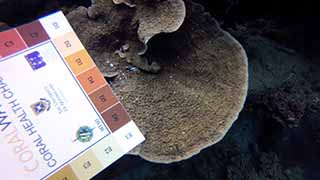
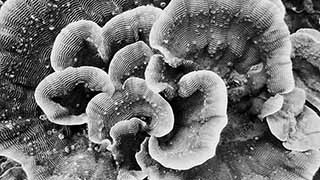
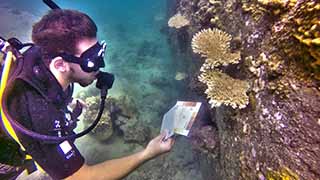
CoralWatch is a citizen science project created in 2002 at The University of Queensland in Australia
Its a simple methodology and data collection can be conducted on almost every scuba dive, if you have the right equipment.
CoralWatch collects data on coral colours, which helps to see signs of coral bleaching or poor health. The CoralWatch Colour Health Chart can be used to compare the colours of different species of coral. The darker the colour, the healthier the coral.
HOW DOES IT WORK ?
Equipment
We gather the required CoralWatch Colour Charts, underwater pencil and slate to take scuba diving.
Get Wet
It can be done on a scuba dive, snorkelling, or reef walking. We mainly scuba dive to collect the data.
Selection
Using a random selection method, we choose corals of 4 different types to collect colour data.
Submission
Submit the data online to CoralWatch and look at averages and historical data.
WHY DO WE CORALWATCH ?
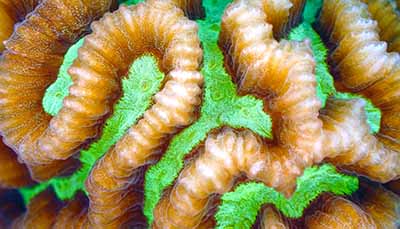
We need to keep our coral reefs healthy. To do that, we need to understand how healthy they are to begin with and how certain events (like summer months) affect them.
This CoralWatch data that we collect is uploaded to a global database that is available for anyone to view. It gives scientists across the world the opportunity to take that data and use it in research on the global health of coral reef ecosystems. The data can also show early warning of potential coral bleaching events.
CORALWATCH FACTS
CoralWatch is used in over 79 countries around the world.
The colour of the coral can represent the health, because the more colour the coral has, the more zooxanthellae reside inside it.
Coral relies on this special photosynthetic algae for some of its food and without it, would struggle to survive.
CoralWatch has now collected over 250,000 coral colour details.
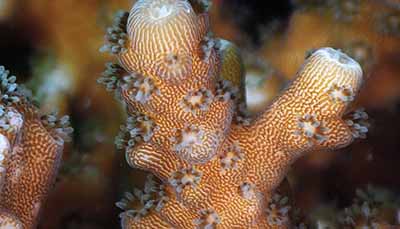
GET INVOLVED !
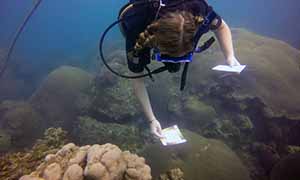
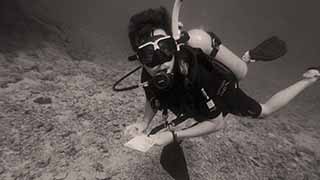

To start collecting data, you can join an Marine Conservation internship with us. If you are not a scuba diver yet, then we are fully qualified to train you.
We will take a morning with a presentation on the history of this project and how to conduct it on your scuba dives.
Then in the afternoon, we will turn theory into practice and head to a dive site to collect this valuable research data, before returning to base and entering the data online for review and submission.
GET MORE INFO !
If you have questions, about any of our projects, citizen science, research, volunteering, internships or training.
Please get in touch with us!
